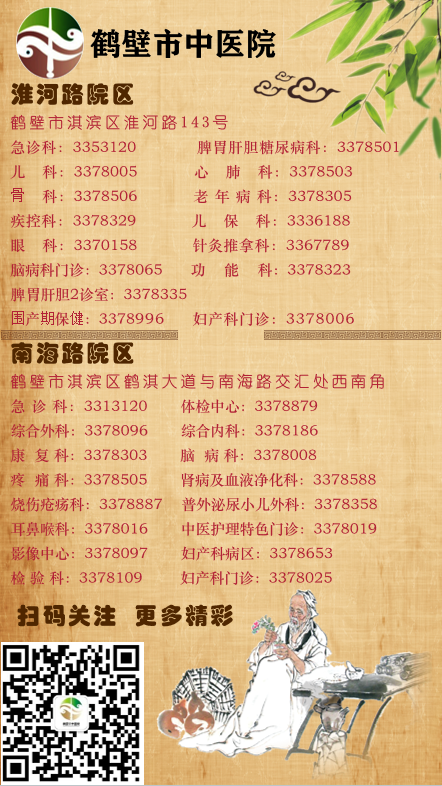Click the blue text
Follow us


Fuzi (Aconiti Radix) is known as the “King of Herbs” and is a commonly used traditional Chinese medicine (TCM) material. It was first recorded in the Shennong Bencao Jing and classified as a toxic substance. Subsequent pharmacological texts such as the Bencao Gangmu and Chinese Herbal Medicine Dictionary provide detailed descriptions. The classic formulas such as Si Ni Tang (Four Reversal Decoction) and Fuzi Lizhong Tang (Aconite and Ginseng Decoction) recorded in the Shanghan Zabing Lun by Zhang Zhongjing during the Han Dynasty demonstrate the long history of Fuzi’s application.

Source
Fuzi is a processed product of the tuberous roots of the plant Aconitum, harvested from late June to early August, with the mother root, fibrous roots, and soil removed, commonly referred to as “mud Fuzi”.
Properties and Channels
Pungent, bitter, very hot; toxic. It enters the Heart, Kidney, and Spleen meridians.
Effects and Functions
Reviving Yang and Rescuing Reversal: Fuzi stimulates the adrenal cortex, enhances myocardial contractility, accelerates heart rate, increases cardiac output, and elevates blood pressure, demonstrating significant effects in reviving Yang and rescuing from reversal. It is commonly used to treat Yang deficiency symptoms such as spontaneous sweating, cold extremities, and faint pulse.
Supplementing Fire and Aiding Yang: Fuzi is hot in nature and can supplement fire and aid Yang, improving symptoms caused by Kidney Yang deficiency and declining Mingmen fire, such as cold intolerance, weakness in the lower back and knees, impotence, and frequent urination. It is often used in combination with Rougui (Cinnamon) and Lu Rong (Deer Antler).
Dispelling Cold and Alleviating Pain: Fuzi has a warming and pain-relieving effect, treating cold pain in the abdomen and lower abdomen caused by internal cold invasion. It is commonly used with warming herbs such as Gan Jiang (Dried Ginger) and Rougui.
1
Dosage and Administration
Decocted for oral administration, 3-15g. Use processed products for internal use. For decoctions, it should be boiled for 60 minutes to reduce toxicity. For external use, apply an appropriate amount.
2
Clinical Applications
Fuzi is widely used in clinical practice, often for treating various cold-deficiency diseases and pain syndromes. Based on TCM syndrome differentiation, it is commonly combined with other herbal materials according to different symptoms and conditions. Additionally, Fuzi can be used to prepare proprietary Chinese medicines and injectable herbal solutions.
3
Modern Research
Modern pharmacological studies indicate that Fuzi possesses anti-inflammatory, antioxidant, anti-tumor, and anti-aging properties. Components such as aconitine exhibit significant analgesic effects and can be used to treat various pain syndromes. Furthermore, Fuzi has anti-arrhythmic and anti-myocardial ischemia effects, providing certain protective benefits to the cardiovascular system. It is also used in the treatment of rheumatoid arthritis and other diseases.
4
Contraindications
Fuzi is contraindicated with Banxia (Pinellia), Gua Lou (Trichosanthes), Bei Mu (Fritillaria), Bai Lian, and Bai Ji. Concurrent use with these herbs may produce toxic side effects.

Pharmacist’s Reminder
Fuzi is hot and toxic, primarily damaging to the nervous system and heart. Symptoms of poisoning generally appear 30 minutes after ingestion, with some cases taking one to two hours. Initial symptoms include numbness of the lips, tongue, and limbs, followed by nausea, vomiting, agitation, and potentially leading to coma, muscle spasms in the limbs and neck, rapid breathing, cold limbs, weak pulse, decreased blood pressure and body temperature, arrhythmia, and in severe cases, sudden death.
Therefore, Fuzi should be used under medical guidance and should not be self-prescribed or dosed. When taking medications containing Fuzi, monitor changes in blood pressure, heart rate, body temperature, and respiration, and be alert for adverse reactions such as tongue numbness and palpitations. Individuals with allergies and pregnant women should use it with caution.
Contributed by: Pharmacy Department, Liu Jiajiao
Typeset by: Yang Hangfei
Reviewed by: Li Chaofan


